Canada’s plans brought forth by Immigration Minister Sean Fraser to get immigration system back on track
Canada allocated $85 million across all IRCC lines of business in the 2021 Budget in order to reduce processing times. In the minister’s mandate letter to Fraser Prime Minister Justin Trudeau has also pressed upon the issue of reducing processing times. According to Fraser the current budget will Canada to return to the processing service standards for study permits, work permits, and permanent resident card renewals by the end of the year. Alongside, Canada is also in the works for reducing processing times for visitor visas and proof of citizenship.
Immigration, Refugees and Citizenship Canada (IRCC) have taken decisions for over 500,000 permanent resident applications in 2021.
Fraser has announced that Canada is planning to make 147,000 permanent residence final decisions in the first quarter of 2022—doubling that from the same period in 2021. Canada is also going to aid the applicants by introducing a new Permanent Residence Application Tracker in February 2022 for spouses and dependents, for them to see their application information and track their status online.
In recent weeks, internal IRCC documents have revealed that the actual anticipated processing times for economic immigration programs are much longer than what it says on the government website. Fraser says that the online processing times tool will be updated in the coming months so that the IRCC clients have more up-to-date estimates of the duration their applications will require to process.
According to a November 24 memo, at the time, IRCC was expecting Foreign Skilled Worker Program (FSWP) application processing to take 20 months, well beyond the processing standard of six months for Express Entry-managed programs.
According to a November 24 memo, The IRCC was expecting the Foreign Skilled Worker Program (FSWP) to take longer than the standard six months Express Entry-managed Program. It was expected that the FSWP application processing would take 20 months. The memo also highlighted that the Canadian Experience Class (CEC) would take nearly eight months to process.
Furthermore, the memo indicated that the Express Entry draws would not invite FSWP and CEC candidates for the first half of 2022. Even though Fraser did not provide a date as to when these draws would resume, he did say that certain measures introduced were intended to speed up the immigration processing. He further mentioned that putting a halt to these draws will allow the IRCC to process the Express Entry inventory without exasperating the backlog.
Immigration Canada is currently facing a backlog of more than 1.8 million people waiting on decisions. This includes citizenship applicants, temporary foreign workers, families, students, refugees, and visitors. The Express Entry backlog alone stands at about 119,000 applicants as of December 2021.
For Express Entry candidates in Canada who may have to leave their jobs or go back to their home countries while IRCC holds off on draws for certain candidates, Fraser said they are looking at options to keep workers in Canada, but they have not yet come up with a “perfect solution.”
“I know that processing delays have been incredibly frustrating for many individuals. Helping clients come to Canada quickly, with predictable processing times and efficient communication with IRCC, remains a top priority for me,” Fraser said in a media release. “Immigration benefits all Canadians—it helps grow our economy and strengthens our communities across the country. Many people are choosing Canada as the place to visit and build their future, and to ensure that we stay competitive, we have introduced concrete measures to make sure those who want to come to Canada have the client experience they deserve.”
IRCC’S attempt at reducing processing times
The pandemic highlighted the need for IRCC operations to modernize. In order to cope with the pandemic-relayed challenges, IRCC has hired about 500 new processing staff, digitized applications, and reallocated work among IRCC offices around the world.
IRCC has introduced some paper-based immigration programs online due to in-person services being reduced as per public health measures. IRCC informed CIC News via email that it expects the online application portal to be fully implemented by the spring or summer of 2022. These efforts so far have allowed average processing times for spousal sponsorship applicants to return to the service standard of 12 months for new applications.
IRCC has also developed a portal to allow permanent residence applicants in Canada to finalize their process and receive their permanent residency cards without any in-person interaction. From June 2021 to December 2021, 225,000 permanent residents have used this portal.
A media release was recently issued by IRCC informing that IRCC is making use of advanced data analytics to speed up Temporary Resident Visa (TRV) applications. However the system cannot refuse or recommend refusals of applications since only immigration officers hold that authority. The system was first introduced and brought to action in 2018. It allows applications to be assessed 87% faster than before.
For citizenship applicants, IRCC has introduced online testing, created an online application tracker, and launched virtual citizenship ceremonies. Canada has sworn in 170,000 new Canadians since April 1, 2020. Canada is continuing to expand the use of virtual ceremonies.
In the future, Canada is looking to allow people to self-administer their Oath by signed attestation, and celebrate their citizenship at a later date. This would shorten the waiting time for those at the final stage of their citizenship process.


